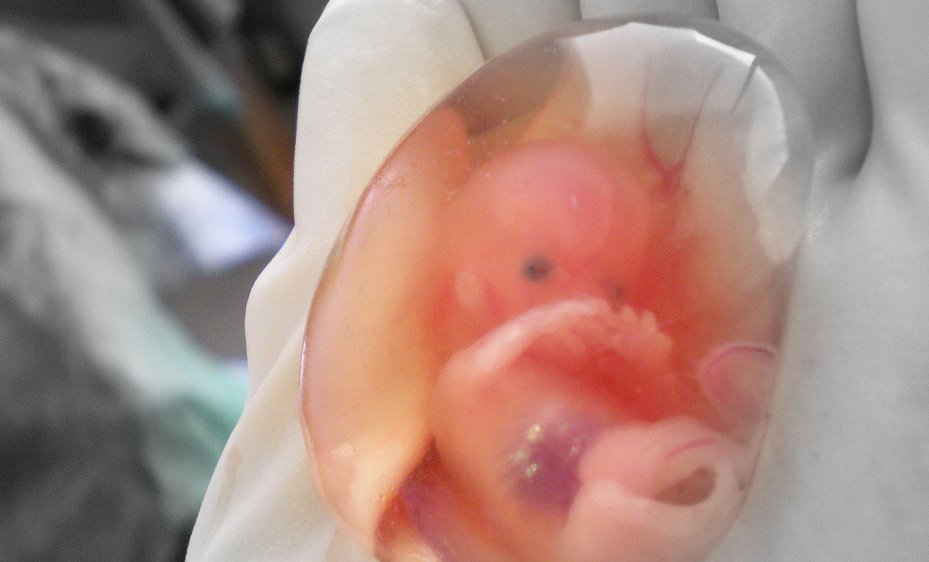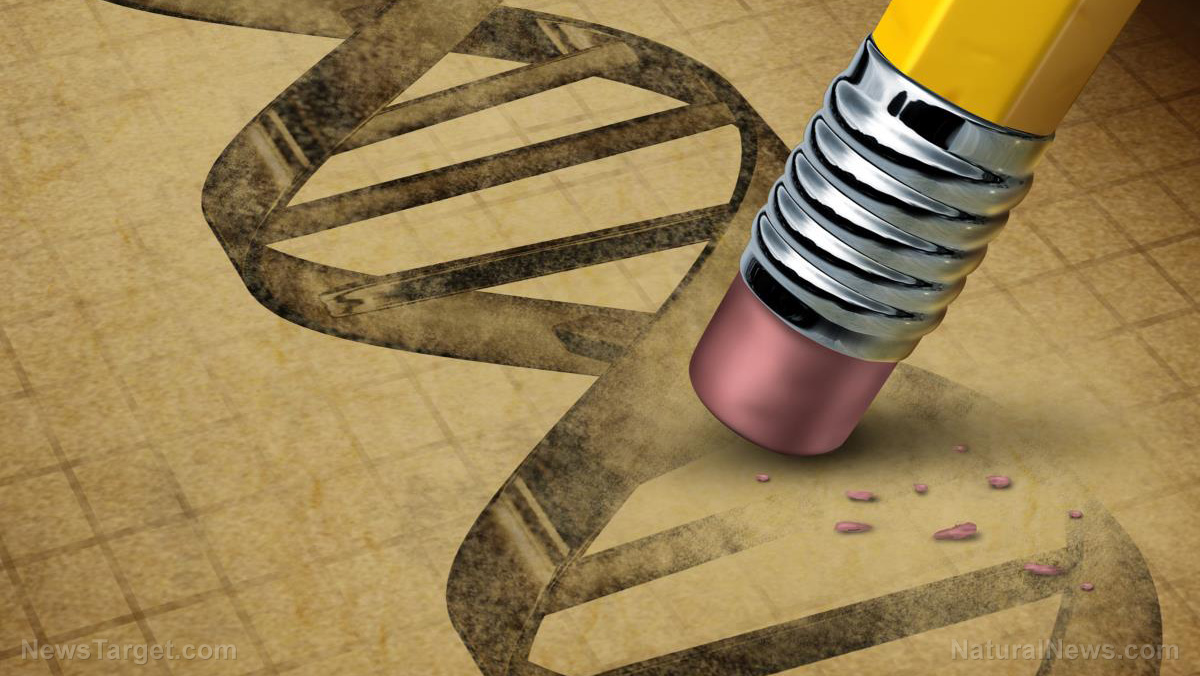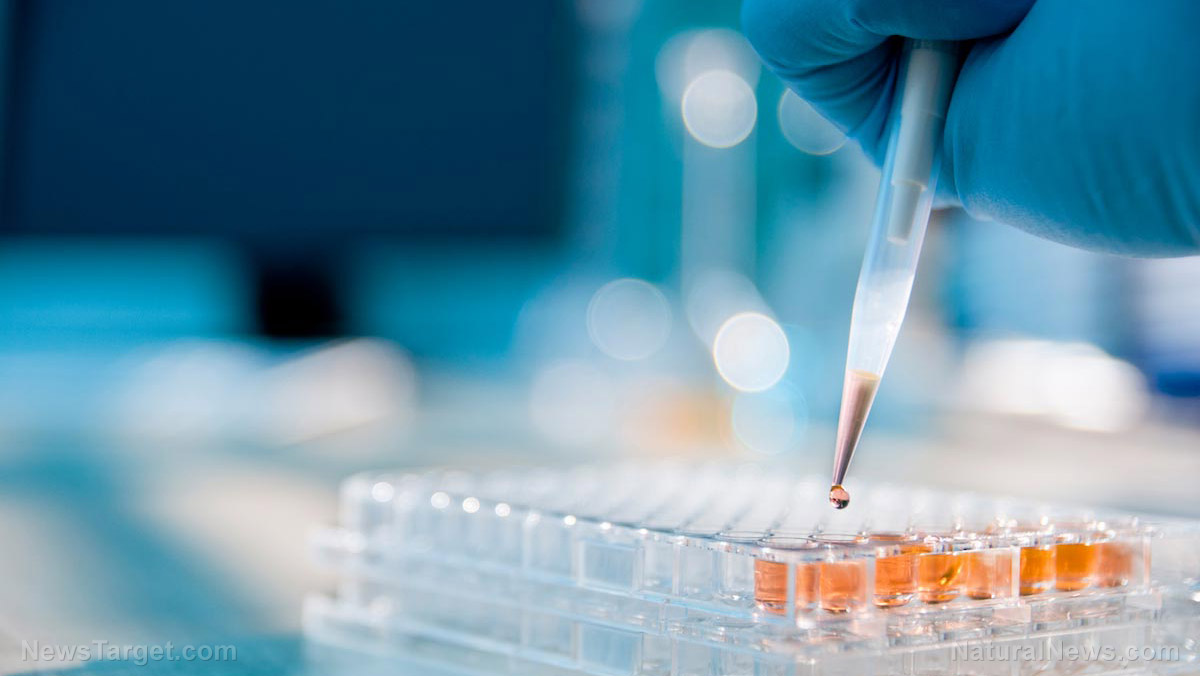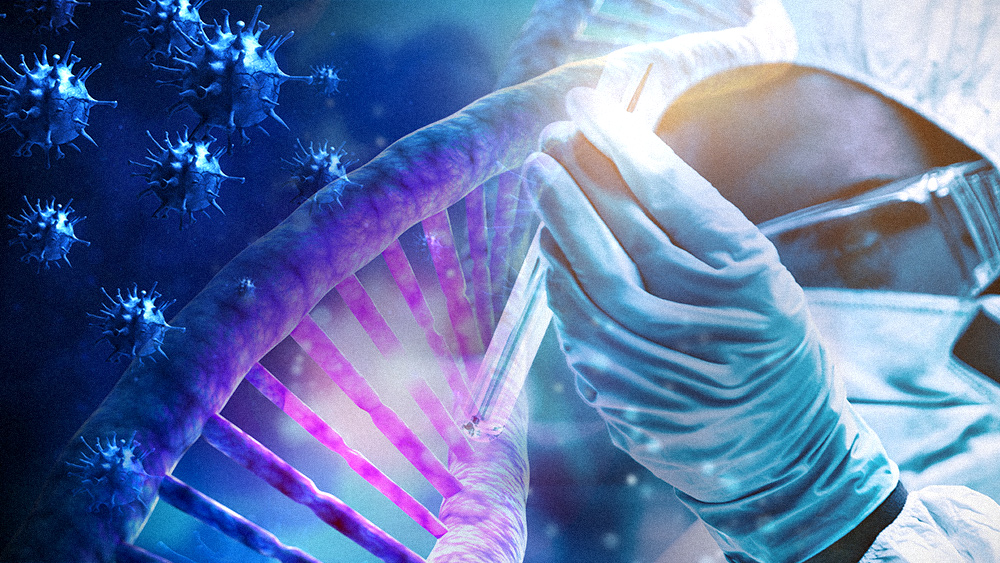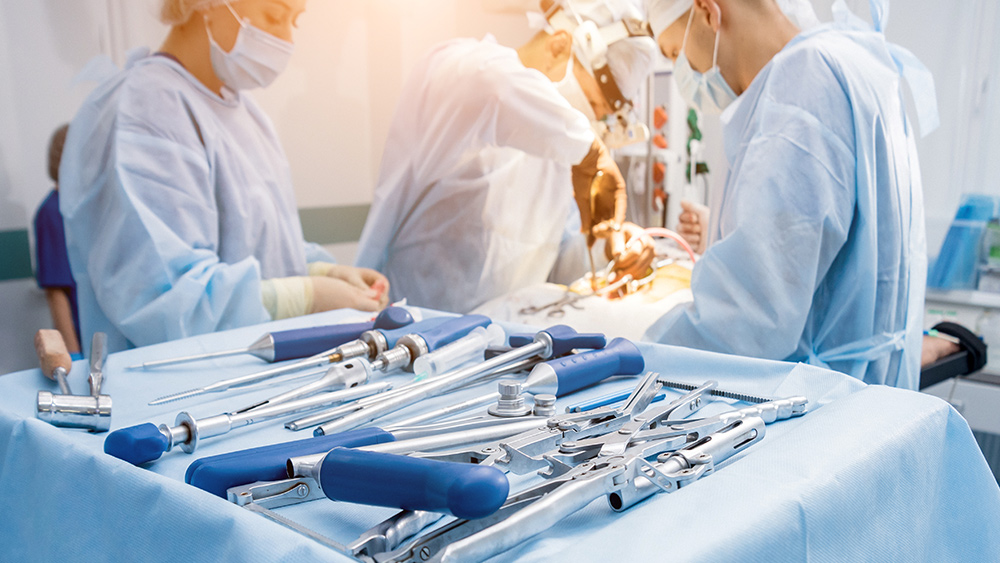FLASHBACK: Remember when Trump went all in for GMOs?
03/20/2023 / By Ethan Huff

It has been nearly four years since former President Donald Trump signed an executive order making it easier for the biotechnology industry to deliver new genetically modified organisms (GMOs) to the American public at warp speed.
The Associated Press (AP) reported that Trump wanted to “make it easier for genetically engineered plants and animals (our emphasis added) to enter the food supply. So, he ordered federal agencies to simplify the “regulatory maze” that producers have to go through in order to unleash their latest transgenic poisons.
Trump made the decision at a time when the biotech industry was really ramping up its genetic engineering efforts. There is a lot of fiat money to be made from creating and unleashing fake food, after all, and Trump was there ready to grease the skids for the industry.
With absolutely no regard for public safety, Trump fast-tracked the process for developing and commercializing GMOs. This drew criticism from Greg Jaffe, the biotechnology director at the Center for Science in the Public Interest (CSPI), who warned at the time that Trump’s EO could cause the American public to lose faith in GMO food – which some will probably argue was his secret intent all along.
“There needs to be an assurance of safety for those products,” Jaffe, who was among those briefed by government officials on a call just prior to Trump’s signing of the EO, said at the time.
(Related: After Trump was elected president, Brazil considered banning all GMO imports from the United States.)
Trump’s executive order pushed other countries to relax their GMO regulations, too
Since many countries of the world import American food crops and animals, Trump’s EO also addressed their reluctance to accept more GMOs. The United States is the most GMO-friendly country in the world – and now more so than ever because of Trump – while the rest of the world is far more skeptical about their safety.
Trump’s EO urged America’s trading partners to let down their guard and accept fast-tracked GMOs without question. This ensures that the biotech industry rakes in record profits, regardless of what its products do to people’s health.
Just prior to Trump’s signing of the EO, the Department of Agriculture (USDA) proposed changing its regulatory process to allow most GMO corn and soy grown in the U.S. to avoid having to undergo special oversight.
“Crops produced with newer gene-editing technologies also wouldn’t automatically be subject to special oversight under the proposed rule, unless they posed a risk as plant pests,” the AP further reported.
“Companies have said that gene-editing allows them to more precisely alter plants and animals, and that what they’re doing could theoretically be achieved through conventional breeding.”
According to Jaydee Hanson from the Center for Food Safety (CFS), the changes Trump and USDA made to allow for newer gene-editing techniques without proper oversight will be used over time to make even more significant changes, the public health outcome of which remains unknown to this day, especially after the Wuhan coronavirus (COVID-19) took center stage.
“Some of this is what I call a faith-based approach and not science-based approach to regulation,” Hanson is quoted as saying about Trump’s EO. “They have faith that none of these things are going to cause any problems.”
Of even bigger concern is the GMO animal aspect of Trump’s EO, and perhaps most notably the GMO salmon controversy. In a nutshell, the public does not want fake fish produced in a lab, but the biotech industry has been pressing to sell fake fish at the grocery store, which was made to be an easier process, thanks to Trump.
The latest news about the scourge of GMOs in the United States can be found at GMO.news.
Sources include:
Submit a correction >>
Tagged Under:
biotech, biotech industry, CFS, corruption, Donald Trump, EO, food, frakenfood, genetic engineering, GMO, grocery, salmon controversy, toxic ingredients, Trump, USDA
This article may contain statements that reflect the opinion of the author
RECENT NEWS & ARTICLES
COPYRIGHT © 2017 BIO TECH NEWS








